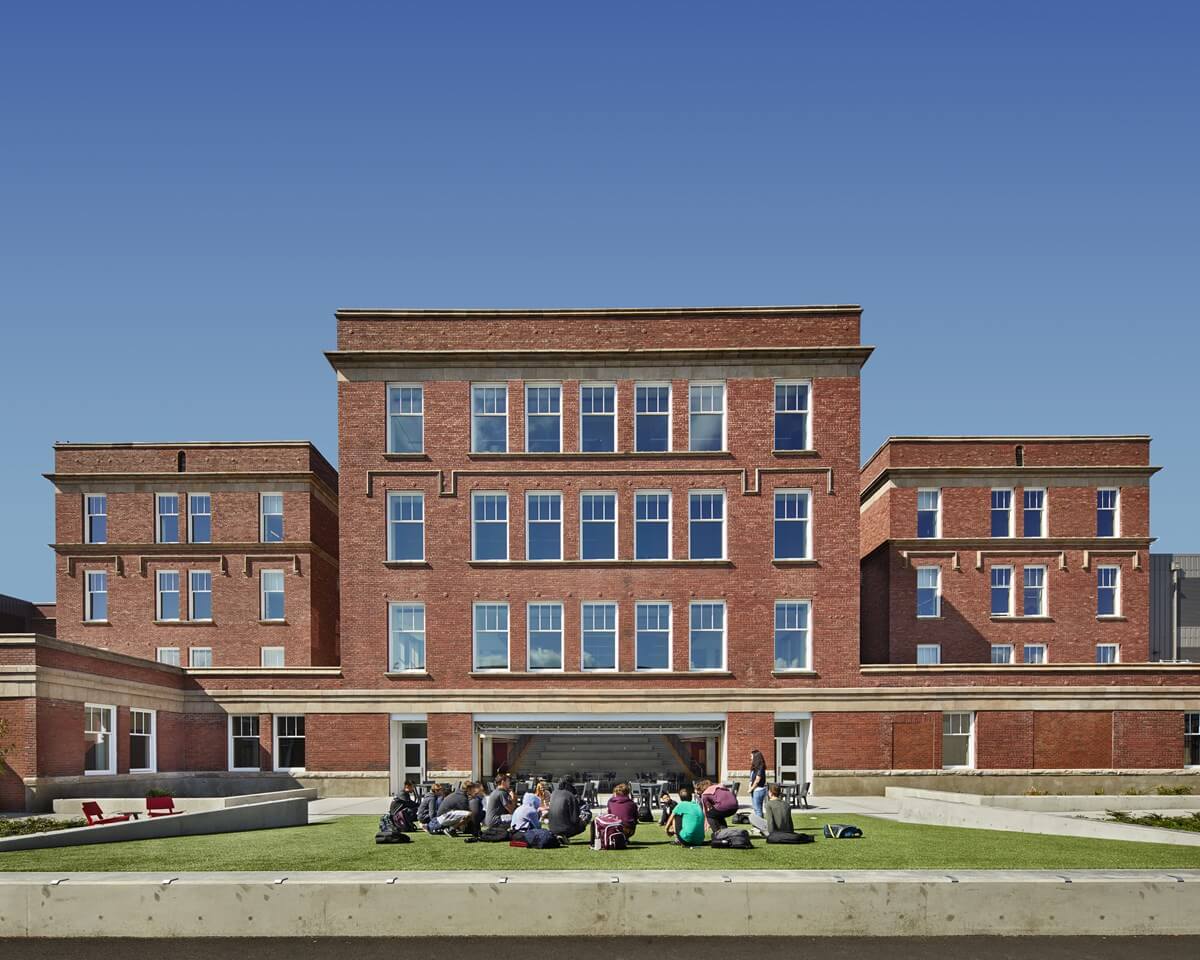Exactly How You Can Help Save Temecula Schools for Future Generations
Wiki Article
Recognizing the Significance of Colleges in Youngster Growth and Community Development
Institutions' interaction with regional neighborhoods via service-learning campaigns strengthens the bond between family members and educational establishments. This cooperative partnership highlights the significance of schools in supporting active citizenship and long-lasting understanding behaviors.Academic Accomplishment
Academic achievement acts as a cornerstone of youngster advancement, giving the foundation upon which future knowing and success are constructed. Institutions play an essential role in cultivating this scholastic development, using structured settings where kids can get necessary understanding and cognitive abilities. Standardized educational program guarantee that trainees gain efficiency in core subjects such as mathematics, scientific research, and language arts, which are essential for both college and specialist opportunities.In addition to presenting essential academic skills, colleges likewise cultivate essential reasoning, analytical capabilities, and intellectual inquisitiveness. These cognitive expertises are vital for browsing intricate real-world situations and adapting to the ever-evolving demands of the modern workplace. Educators, as facilitators of understanding, employ diverse pedagogical methods to deal with different knowing styles, thereby making best use of private student possibility.
Furthermore, scholastic success is very closely linked to self-worth and motivation. Children that experience academic success are more most likely to establish a positive self-concept and a lifelong enthusiasm for knowing. Institutions also provide different resources, such as libraries and innovation, which additionally boost the academic experience and prepare trainees for a highly sophisticated society.
Social Skill Development
Beyond academic accomplishment, the role of institutions in social skill advancement is crucial. Schools act as a key place for youngsters to find out and practice vital social skills such as teamwork, problem, and interaction resolution. In the structured atmosphere of a classroom, students engage with peers, instructors, and various other institution team, providing countless possibilities to create these critical capabilities.Reliable social skill development in schools is helped with with group activities, joint projects, and extracurricular programs. These interactions assist students understand social norms, develop empathy, and cultivate a sense of neighborhood. As an example, group jobs teach pupils how to function together in the direction of a common objective, listen to different perspectives, and navigate differences constructively.

The cultivation of social abilities throughout academic year lays a foundation for future individual and professional relationships. Save Temecula Schools. As students develop, the capability to efficiently connect and collaborate comes to be progressively essential, highlighting the school's crucial duty in holistic youngster development
Exposure to Diversity
Exposure to variety in institutions is basic to promoting a comprehensive state of mind and expanding students' perspectives. Schools function as a microcosm of the wider culture, and encountering varied societies, languages, and socioeconomic histories within this atmosphere furnishes trainees with important skills for browsing a progressively globalized world. This exposure motivates compassion, decreases prejudices, and promotes shared respect among peers.Study indicates that students who engage with peers from varied histories display far better problem-solving abilities and imagination. This understanding of variety prepares pupils for future workplaces that worth modern skills - Save Temecula Schools.

Community Involvement
The advantages of diverse class extend past the school wall surfaces, fostering a solid sense of area engagement among pupils. By interacting with peers from different social, socioeconomic, and ethnic histories, students get a broader viewpoint and a gratitude for diversity. This exposure motivates them to end up being energetic citizens that want to add favorably to their communities.Institutions that emphasize community engagement frequently include service-learning projects, which allow pupils to attend to real-world problems while applying academic abilities. These jobs not only enhance students' understanding of their coursework yet also infuse a feeling of obligation and empathy. Furthermore, collaborations between schools and neighborhood companies supply trainees with opportunities to take part in neighborhood events, further strengthening their function as proactive area members.
In addition, adult and community involvement in schools reinforces the bond in between academic institutions and the neighborhoods they serve. Through these efforts, institutions play a pivotal function in supporting community involvement and fostering societal growth.
Lifelong Discovering Habits
Creating long-lasting understanding habits is necessary for a kid's continual growth you can try here and adaptability in an ever-changing world. Schools play a crucial role in instilling these practices by creating an environment that fosters inquisitiveness, vital thinking, and a love for understanding. With extracurricular tasks and diverse curricula, educators urge students to explore various topics, assess details critically, and use their discovering to real-world scenarios.
Moreover, colleges offer an organized environment where kids can develop self-control and time monitoring skills, both of which are vital for continuous learning. By stressing the importance of setting objectives, reviewing progression, and adjusting strategies, educational organizations prepare pupils to navigate the intricacies of grown-up life, guaranteeing they continue to be lifelong students and contributors to society.
Final Thought
In final thought, institutions are important in fostering kid development and community growth by giving settings favorable to academic achievement, social ability advancement, and exposure to variety. Eventually, institutions grow lifelong understanding practices, furnishing individuals with the necessary knowledge and abilities to contribute favorably to society.In the organized atmosphere of a classroom, students engage with peers, teachers, and various other institution team, offering many opportunities to develop these essential capacities.
In essence, direct exposure to diversity within institutions not just additional hints enriches individual trainees yet also enhances the social material of the area as a whole.
The benefits of diverse classrooms extend beyond the college wall surfaces, cultivating a strong feeling of area engagement among trainees.Colleges that highlight neighborhood involvement typically include service-learning tasks, which allow students to resolve real-world problems while applying academic skills. Partnerships in between schools and local organizations provide trainees with chances to take part in area events, additionally strengthening their duty as aggressive area participants.
Report this wiki page